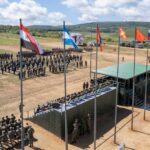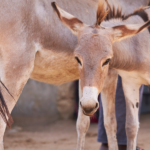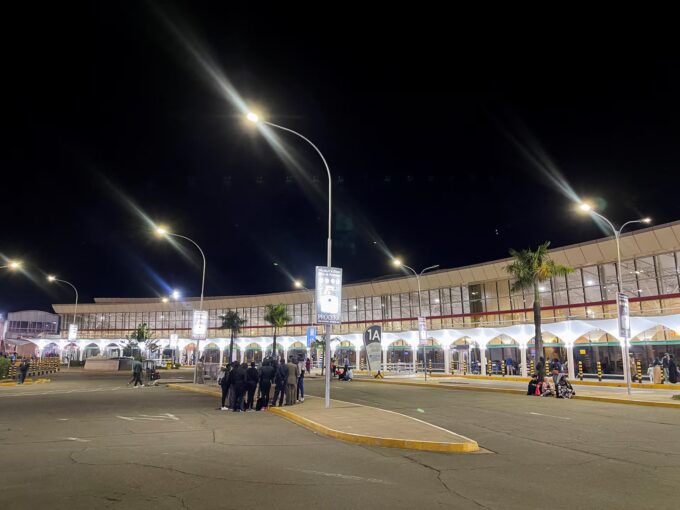The United Nations Under-Secretary-General for Humanitarian Affairs, Tom Fletcher, visited displaced families in Shasha village, located in the war-torn North Kivu province of the Democratic Republic of Congo (DRC), on Tuesday, as the humanitarian situation continues to deteriorate following renewed fighting between government forces and the M23 rebel group.
Fletcher’s visit comes in the wake of M23’s capture of Goma, the capital of North Kivu, at the end of January 2025. The seizure of the strategic city marked a significant escalation in the decades-long conflict that has plagued the mineral-rich eastern region of Congo and displaced more than 4.6 million people. The rebels have since shuttered displacement camps in and around Goma, forcing thousands of internally displaced people (IDPs) to return to their villages under duress, despite the ongoing insecurity and lack of support infrastructure.
“We didn’t want to go back; it was them [M23] who forced us to return,” said Maombi Pascaline, a returnee in Shasha village. “We thought our government would protect us, but when [M23] arrived, they told us the war was over and made us go home.”
Upon returning, many residents found their homes pillaged or reduced to rubble. Essential services such as water, healthcare, and education remain non-existent or severely limited. Aid organizations report that forced returns are exacerbating an already dire humanitarian emergency in areas ill-equipped to support large populations without external assistance.
“Shasha is just one example of how vulnerable communities are being pushed back into unsafe conditions without proper planning or support,” said a representative from the Norwegian Refugee Council (NRC). One of the few NGOs still operating in the area, NRC provided emergency cash aid to affected families like that of Kahindo Bihira. “When I returned, I found my house destroyed. I took refuge with a neighbor, but the NRC helped me with money that allowed me to feed my children,” she explained.
The UN has condemned the forced returns and emphasized the need for a coordinated humanitarian response. Fletcher reiterated the international community’s commitment to the Congolese people but acknowledged that operations have been crippled by funding shortages many of which stem from the withdrawal of key donors like the United States. Under the previous Trump administration, US financial support to agencies like USAID was drastically cut, leaving a funding vacuum that has yet to be filled.
Eastern Congo’s conflict, rooted in ethnic tensions, power struggles, and competition over natural resources, is one of Africa’s longest-running crises. The UN describes the situation as one of the world’s most severe and neglected humanitarian emergencies, with millions living in extreme vulnerability and violence continuing to escalate.
Fletcher called on the international community to urgently scale up aid efforts and urged warring factions to allow humanitarian access. “We are witnessing the collapse of lives, homes, and hope. It is time for decisive action not just from the UN, but from every government and donor with the power to help,” he said.
The UN Office for the Coordination of Humanitarian Affairs (OCHA) is appealing for increased funding to support emergency shelter, food security, healthcare, and protection services for displaced populations in North Kivu and surrounding regions. Without swift and sustained intervention, aid workers warn the crisis will spiral further out of control.












Leave a comment